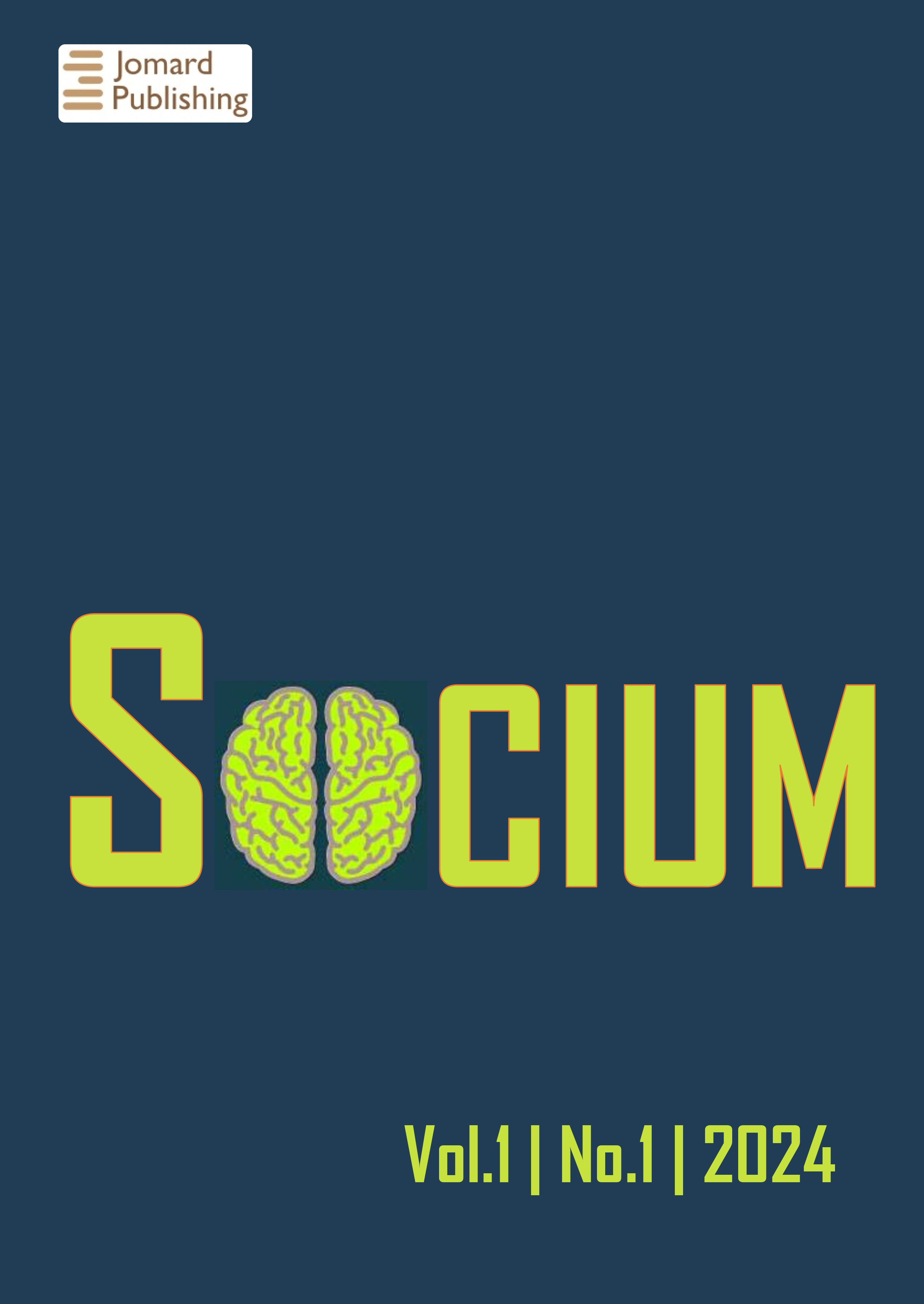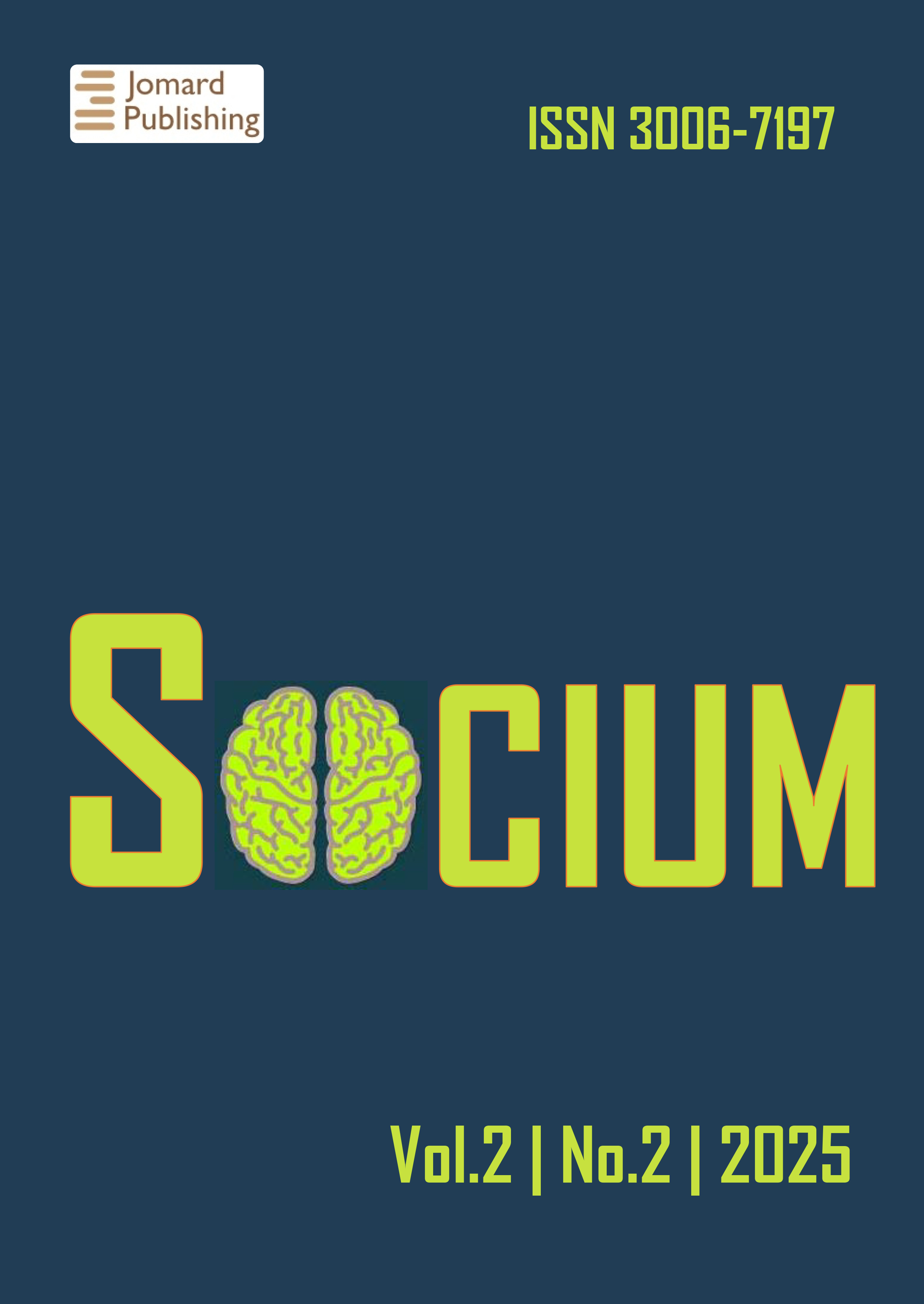Afghan Refugee Adaptation in Germany: Post-2021 Integration Challenges and Opportunities
- Published: 19-06-2025
Share
The Taliban's return to power in Afghanistan in August 2021 precipitated one of the largest refugee crises of the 21st century, with Germany emerging as a primary destination for Afghan evacuees and asylum seekers. This paper examines the adaptation experiences of Afghan refugees in Germany from 2021 to 2025, analyzing integration challenges, support mechanisms, and early outcomes. Drawing on mixed methods data, including qualitative interviews with Afghan refugees and asylum seekers, along with government data, Non-Governmental Organizations (NGOs) reports, and emerging academic literature, this study reveals a complex landscape of both remarkable resilience and significant structural barriers. While Germany's established refugee support infrastructure provided crucial initial assistance, language barriers, credential recognition issues, and cultural adaptation challenges have created substantial obstacles to full integration. The paper argues that successful long-term integration requires comprehensive policy reforms addressing employment pathways, educational recognition, and community-based support systems, while acknowledging the particular vulnerabilities of women and minorities within the Afghan refugee population.
- View 744
- Downloads 114
- Saveds 0
- Citations (Crossref) 0

